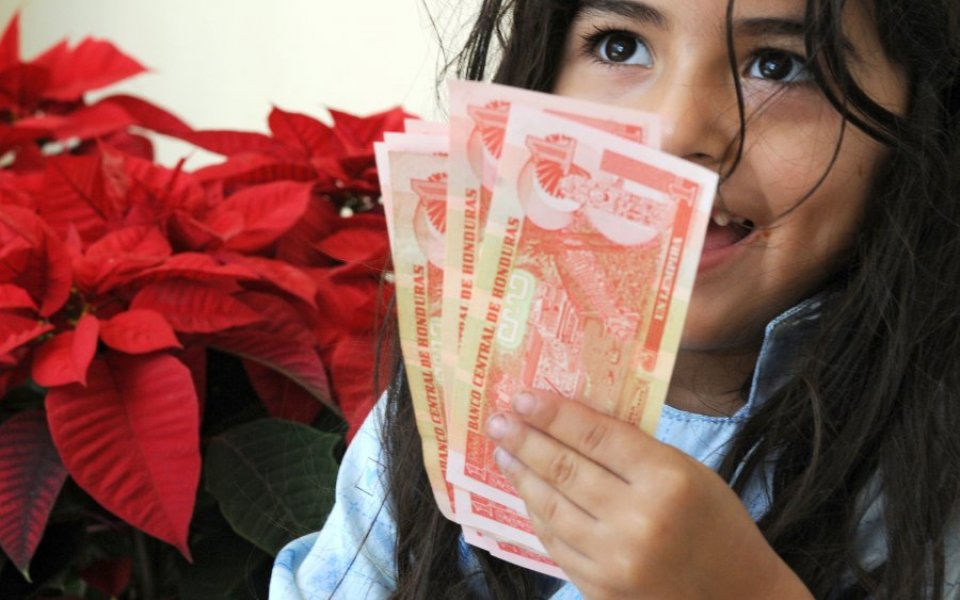Investing in junior Isas: Why kids can be risk-takers

I'm getting into stocks. Or perhaps more accurately, I’m getting into stocks via a tax-free savings and investment account designed specifically for my daughter, who’s barely a month old.
While none of this will technically be my money, there’s an underlying lesson here for the broader investment environment: time.
If you are a short-term trader or you are edging towards retirement, you’re quite within your rights to fret over what looks dangerously like the start of another equity bear market. However, if you’re locking up cash into companies for the next 18 years, you might as well enjoy yourself.
In the spare moments between nappy changes and wondering how long this delightful crying phase will last, I’ve been browsing through UK-focused funds, high-income trusts and even toying with the idea of gaining exposure to China.
Junior Isas in the UK took over from child trust funds a few years ago and offer bleary-eyed parents – and generous grandparents – an opportunity to stash away some savings for their little ones.
Working for CNBC, I’m limited to picking passive investments like tracker funds, but there’s more than enough to choose from. Brokers offer cash Isas too, but I have a gut feeling that equities might just outperform that asset class over the longer term. Indeed, the “Oracle of Omaha” Warren Buffett has famously suggested a 90 per cent allocation of stocks for any portfolio.
All of this means I’ve experienced a rather odd contrast in the past few weeks. Screens have been flashing red with panic selling, analysts are warning of an impending “death spiral” for the global economy, but I’m dreaming of tax-free returns that could help my child into university.
Sure, there might be an impending US recession, an economic ice age may be drawing nearer, but the good times will surely be rolling again by the time she’s potty-trained.
To believe stocks can’t perform over a couple of decades would be to believe that capitalism itself has reached a crossroads. Admittedly, this very scenario has been questioned in some UK newspapers this year.
But I’m staying positive. Investment advice on comparison websites states that I should be more worried about what my offspring will do with the money when they’re 18. (Slightly bizarre) warnings include the possibility that they’ll spend all the money on drugs and that there’ll be nothing I can do about.
By 2034, drugs will no doubt be the hot investment opportunity in a post-capitalist dystopia. Now that’s hedging your bets.